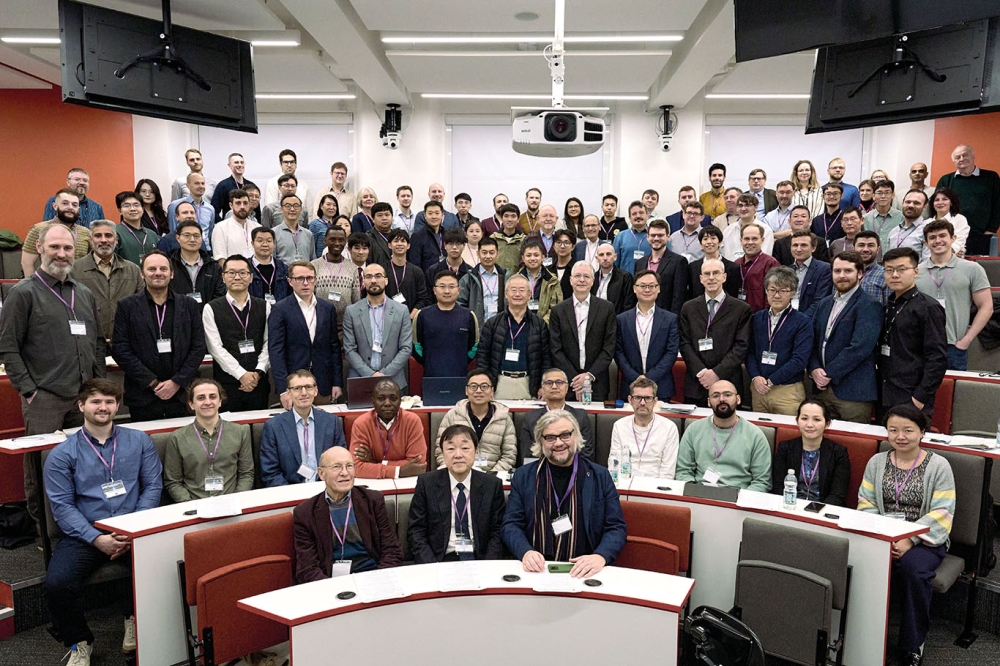Resurgent IQE looks towards solar future
Epiwafer and semiconductor substrate supplier IQE saw its annual sales leap by 55 percent last year.
The UK-headquartered company, which now runs six different manufacturing facilities around the world, posted sales of £32.4 million ($63.6 million) in 2006, up from just £20.9 million in 2005.
Around half of that increase can be attributed to its acquisition of Emcore s electronic materials division in August 2006, but IQE s existing product lines also enjoyed strong growth.
Despite this strong uptick, IQE still posted an operating loss of £4.2 million for the year, although that represents a significant improvement on the £6.1 million operating loss (not including exceptional items) that it made in 2005.
CEO Drew Nelson says that the upturn will bring IQE "closer to sustainable profitability" in 2007, although he stopped short of predicting a profitable year.
But, with a full year of earnings from the former Emcore division - now known as IQE RF - as well as the more recently acquired MBE Technology, IQE will be confident of delivering a profitable operation during 2007.
Not surprisingly, wafer volumes are increasing even more rapidly than sales. IQE shipped a quarter of a million wafers during 2006, nearly 68 percent higher than in the previous year.
Wireless communications applications now account for more than three-quarters of IQE s overall sales, with mobile handsets the key volume driver. Nelson said that the trend towards consumers upgrading to more complex phones would result in even greater demand for GaAs in the coming months and years.
And although optoelectronics is no longer IQE s key application market, demand from this sector is also very strong. While laser mouse devices and fiber-optic communications provide the majority of that demand at the moment, IQE is also looking towards new optoelectronic applications in the form of high-efficiency solar cells - seen by many as a potentially very lucrative future business area for compound semiconductors.
"[IQE] is making very good progress in developing high-efficiency terrestrial solar cell materials, and is expecting to be in limited pilot production by the end of 2007," the company reported.
Although not widely known for its expertise in germanium materials (the substrate on which triple-junction solar cells are currently manufactured), IQE s advanced silicon operation at the company s headquarters in Cardiff, UK, has worked on germanium deposition in the past. Solar cells based on a combination of silicon and GaAs material are also being developed at some leading laboratories.
IQE said that it plans to apply the same independent epiwafer foundry business model when its solar cell activity becomes a production driver.
Meanwhile, IQE has also signed two new development contracts with commercial partners. One of these projects will focus on growing strontium titanium oxide films on top a silicon platform to produce epiwafers for ultra-high-speed IC applications. While few details about the second project have been revealed, high-speed ICs are once again the target. Taken together, these two new contracts are valued at $2.4 million and the development will take place at IQE s US sites in Bethlehem, PA, and Somerset, NJ.































